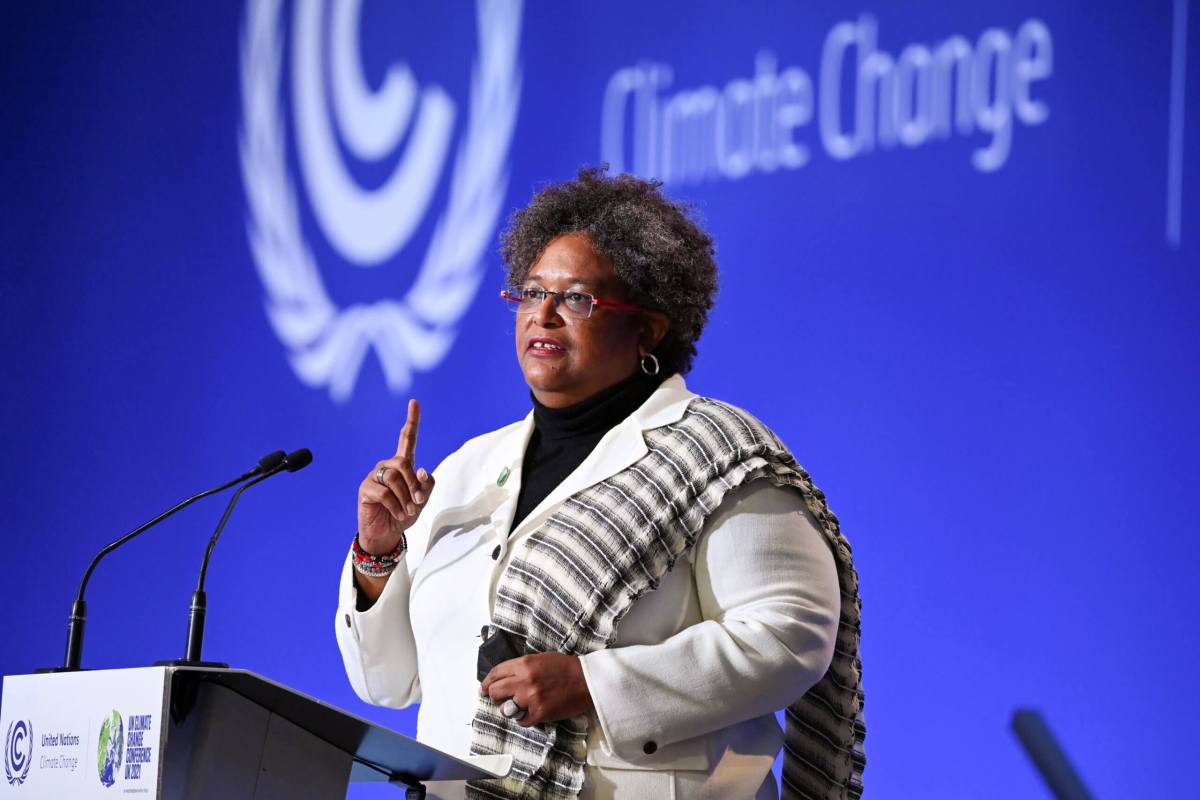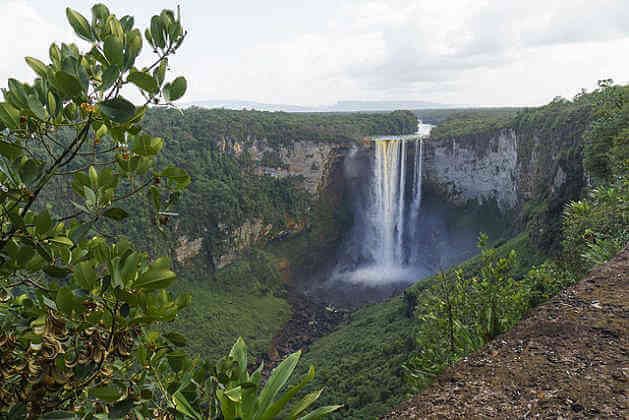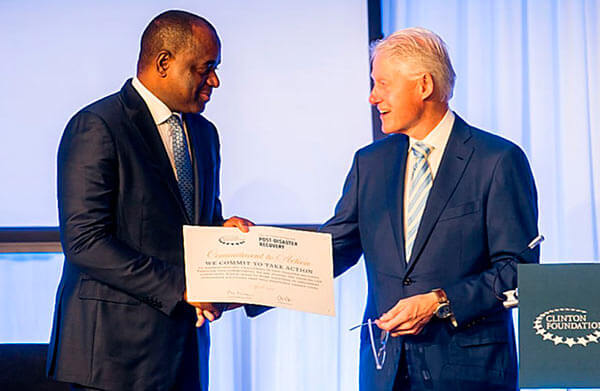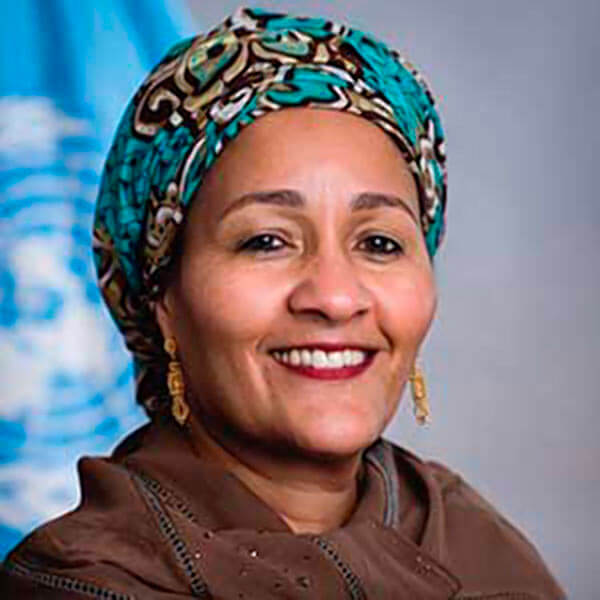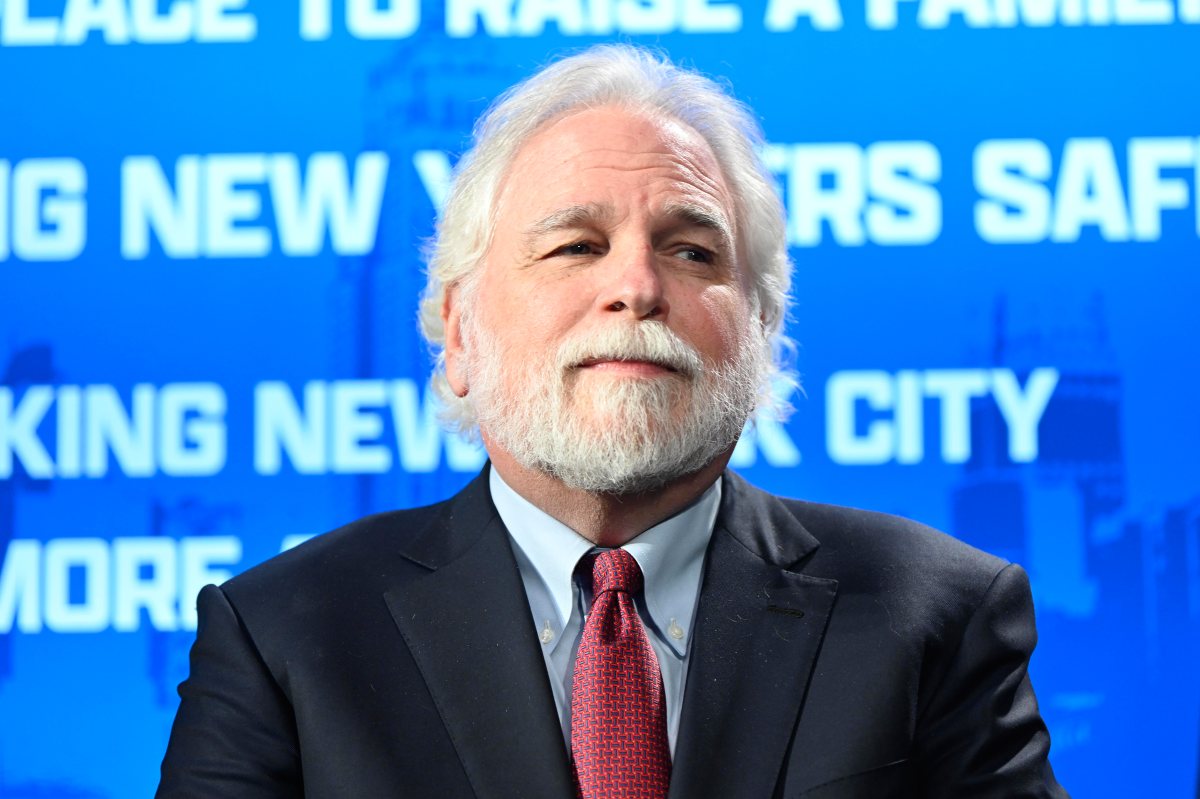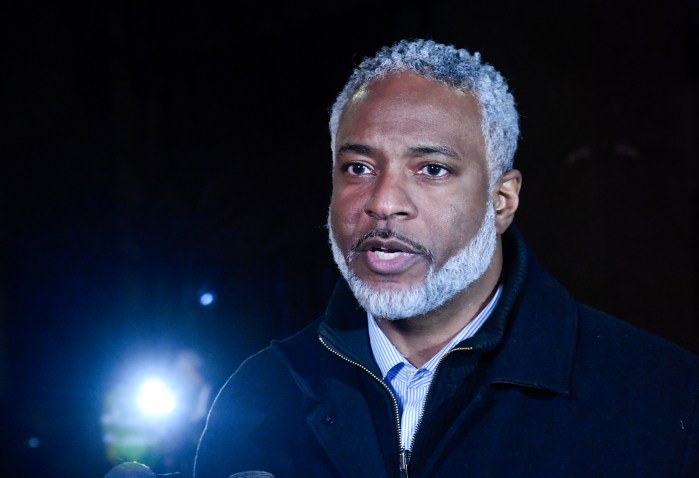“Our people are watching and taking note,” exclaimed Barbados Prime Minister Mia Mottley to world leaders at the United Nations’ climate summit, COP26, in Glasgow. Her speech on the opening day of the two-week event set the stage for several rounds of negotiations and stock-taking as delegations sought to find solutions to further mitigate the climate crisis. Echoing the sentiments of Small Island Developing States (SIDS) and vulnerable communities around the world, Prime Minister Mottley did not hold back.
“On finance we are 20 billion dollars short of the 100 [billion pledged] and this commitment might only be met in 2023. On adaptation — adaptation finance remains only 25 percent — not the 50:50 split needed given the warming that is already taking place. Climate finance to frontline SIDS declined by 25 percent in 2019. Failure to provide this critical finance and that of loss and damage is measured in lives and livelihoods being lost in our communities. It is immoral and unjust.”
Opportunities for Climate Finance
Ahead of COP26, much had been said about the little that had been done about climate finance. Developed economies had pledged $100 billion per year in aid to vulnerable communities from 2009 onwards, yet that target had not been reached. However, as the Caribbean Climate-Smart Accelerator’s CEO Racquel Moses pointed out prior to COP26, oil and gas companies received over $3.3 trillion in subsidies in just five years after the Paris Agreement had been signed in 2015.
Some of the positive takeaways from the COP26 negotiations was the phasing out of fossil fuel subsidies, and major economies agreeing to reach the annual $100 billion finance mark by 2023. Yet, despite these advancements, public climate finance remained an unresolved issue following two weeks of negotiations. Although no major assurances or goals were set regarding the availability of public finance in order to support sustainability projects in vulnerable communities, the private sector emerged as a willing financial contributor.
Whether or not the $100 billion in pledges is honored, there are projects and initiatives in island communities that need to be funded now. Islands and developing countries cannot afford to wait for potential investment opportunities from the public sector – this has facilitated the rise of private sector funds for climate mitigation projects. The slower, top-down approach of international politics is not fitted to the rapidly deteriorating environmental conditions certain communities are facing.
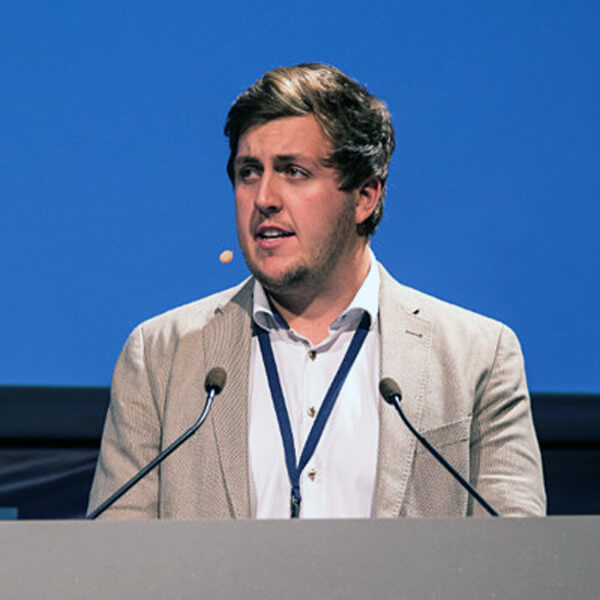
Funding Local Programmes
Globally, private companies and investors are seeking to invest in climate mitigation programmes and have been able to mobilize funds for local projects a lot faster than its public sector counterparts. With a better understanding of local climate adaptation issues, as well as the key stakeholders within their communities, private financiers have become key sources of funding for local organizations. Acting on a global issue like climate change requires local action, and local action necessitates collaboration across different industries to find workable sustainable solutions for their respective communities.
It was under this premise that the Island Finance Forum was successfully launched early last year. Recognizing the gaps in funding that existed in island communities, the entirely free event sets out to close them by creating an event that unites decision makers from different sectors to create lasting change. As the World Resource Institute’s Emma Illick-Frank explains, local resilience programmes are important, a one-size-fits-all approach may be able to tackle a core issue, but it will not take into account local communities’ needs.
This means that while major summits like COP26 are helpful with creating an overarching framework, it cannot be relied upon to enact changes at a local level. The first steps towards successful adaptation programmes and subsequent resilience is the involvement of stakeholders that are familiar with the challenges being faced in their communities and how they might be remedied best. However, changemakers at a local level often do not have the same tools or resources at their disposal as the entities that attend major events – there needs to be opportunities for local stakeholders to share their knowledge.
Local Action for Global Impact
Providing a platform for financiers, innovators and entrepreneurs to present their projects and collaborate on key sustainability issues enriches local economies and creates opportunities to support local programmes. Such events are making island communities become more resilient, building pathways for partnerships and capacity-building using local resources and solutions that fit local needs. The Island Finance Forum is returning in April 2022 and will build upon the growing demand for local sustainability projects and climate funding by showcasing the opportunities available on global islands.
James Ellsmoor is an award-winning serial entrepreneur and writer. He is both Co-Founder and Director of Solar Head of State, and CEO at Island Innovation. Recognised on the Forbes 30 under 30 list for his work on sustainable energy, James is passionate about climate change advocacy and environmental policy.


